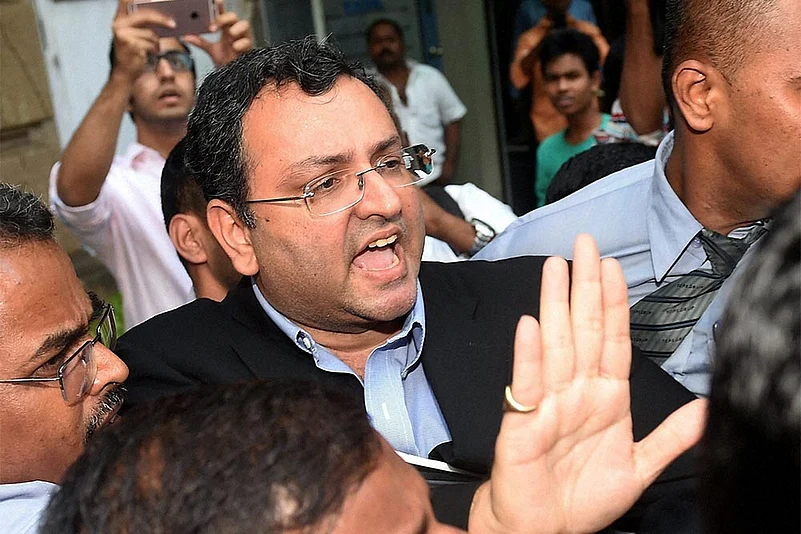We have seen parts of this movie before. The independence of the board of directors, rather the lack of it, has always been questionable not only in India but also elsewhere in the world. With a few exceptions, the board of directors usually comprises the promoter's buddies, who play along to get decisions through regardless of how they may play out eventually for minority shareholders. In the Tata episode, the board of directors voted out chairman Cyrus Mistry quietly, and brought in the principal shareholder as an interim replacement. The official reason for dismissing Mistry is non-performance, and this makes the case really curious.
Going by Cyrus Mistry’s reaction, the board does not seem to have followed the process of natural justice, which is to ensure that you give the person a chance to explain/defend himself. A key reason cited for things to come to pass in the manner it has, is the breakdown of communication between Cyrus Mistry and Ratan Tata. If he indeed had a free rein since he took charge, would it have been fair to expect Cyrus Mistry to consult Ratan Tata on an ongoing basis?
In fact, good governance demands that the chairman report only to the board of directors and to no one else, including the principal shareholder. Unfortunately, in a world where governance is what suits the principal shareholders, it comes across as unusual when the chieftain goes about his work independently and is not necessarily aligned with the former.
Any nominee director is only supposed to act in their fiduciary capacity, and not share insider information with the nominee shareholder. Yet, if private equity investors like to have their own man on a company board it is because that gives them access to company information.
Secondly, if the reason for the ouster was non-performance, as is the official stance, was the issue ever raised and the chairman given a chance to defend his position? This is perhaps the first case in corporate history that a chairman has been ousted by the board without any prior notice. Boardroom battles are an unknown phenomenon in India, but in the United States, it's common because of heightened investor activism. The prolonged battles, usually centre on misallocation of capital, with the management given enough time to respond and/or defend.
Here, the reason itself seems flimsy, given that during Mistry’s tenure, stock prices of several Tata companies have risen, profits of group companies have gone up and Tata Trusts have been receiving dividends consistently.
Given the myriad companies and the complicated nature of businesses under Tata Sons, were there parameters other than what meets the eye that led to the ouster? If that is the case, the communication issued by Tata Sons so far does not say anything in this regard.
Therefore, going with the official stance of non-performance, what must have the board been thinking? It’s pertinent to ask if the new directors who joined the board had done the math on Mistry’s performance or just went along with the principal shareholder. If it was the former, would there have been no question raised about Mistry’s hasty dismissal?
Was there really enough time for the new directors to understand the issues, evaluate performance, and make a strong ground to actually oust the chairman? Assuming they did all that, putting aside their other full-time commitments, what could have driven them to re-appoint Ratan Tata as an interim chairman?
There is no denying that Ratan Tata during his stint considerably widened the global footprint of the Tata group. On the flip side, it’s some of these very decisions that are the cause of the group's financial woes. The board did have the option of nominating one of the directors as the interim chairman, if at all they felt the need. But then, in the absence of fraud, what was the urgency to oust Cyrus Mistry in the manner they did? The House of Tata has always been known for its high standards but in this case, there are more questions than answers.
(N. Mahalakshmi is editor of Outlook Business)






















